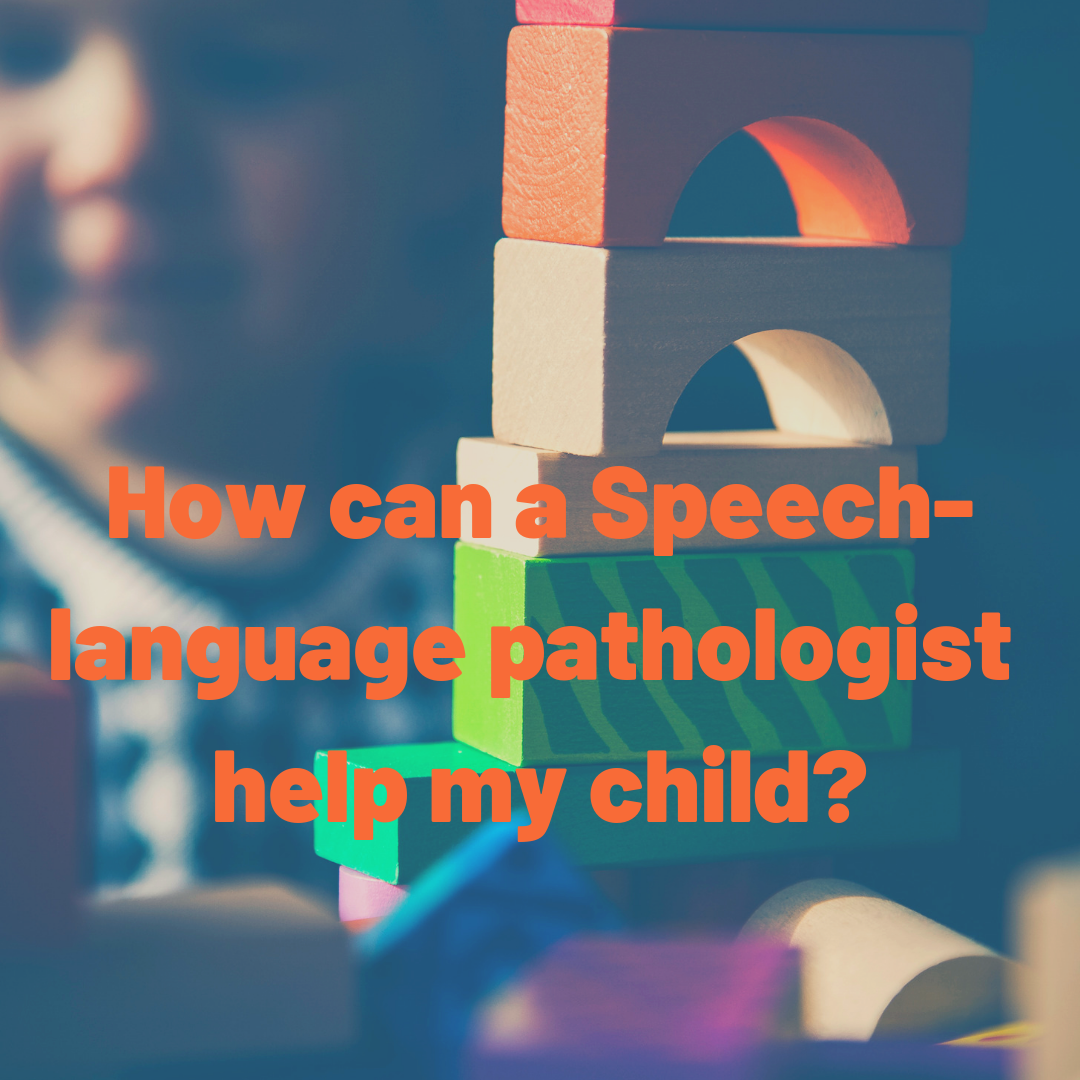A speech-language pathologist (SLP) is the expert in communication and feeding skills and development. This means they have extensive training on BOTH normal and disordered speech, language, feeding, and social skills development. They are able to evaluate, diagnose, and treat speech, language, and swallowing disorders. If you are concerned about your child’s speech, language, social, or feeding skills the best place to start is to talk to an American Speech-language Hearing Association (ASHA) certified speech-language pathologist. So, How can a SLP help your child?
1. A speech-language pathologist can help you determine if your gut feeling or concern about your child’s communication or feeding skills is valid. Through both screenings and full assessments a SLP will learn how your child’s communication skills are comparing to similar age children. This will help determine if your child’s communication and feeding skills are within a normal range, or if intervention is needed.
Click here to learn more about the Differences between Speech Screenings and Evaluations or What to expect during a Speech Evaluation.
2. A Speech-language pathologist can coach you and teach you the best way to communicate with your child. This will empower you as a parent and give you the knowledge and skills to help. SLP’s have many communication strategies in their toolbox to help your child become a stronger listener, communicator, and eater. Even if your child does not currently qualify for therapy services, the SLP will provide you with activities you can do at home to create a strong language environment and encourage better communication and eating. Seeing a SLP for coaching allows you to establish a relationship with a therapist you trust so if a concern in the future does arise you have an expert to talk to about your concerns.
3. A Speech-language pathologist is the professional that treats speech-language and feeding disorders. This includes: articulation, expressive and receptive language, social skills, literacy, voice and resonance, fluency and stuttering, feeding and swallowing, cognitive communication skills, and augmentative alternative communication (AAC). By treating a communication weakness earlier the therapist can get to the root of the problem while the brain is still developing and change the child’s developmental trajectory. After the evaluation if the SLP does see a concern in skills then they can develop a treatment plan and start addressing the weaknesses right away.
A SLP will help diagnose, treat, and coach you about your child’s communication skills. As a team, you and the SLP will help your child develop into the best person he can be. Look out for my future blog post about “Signs you should go see a speech therapist”.

